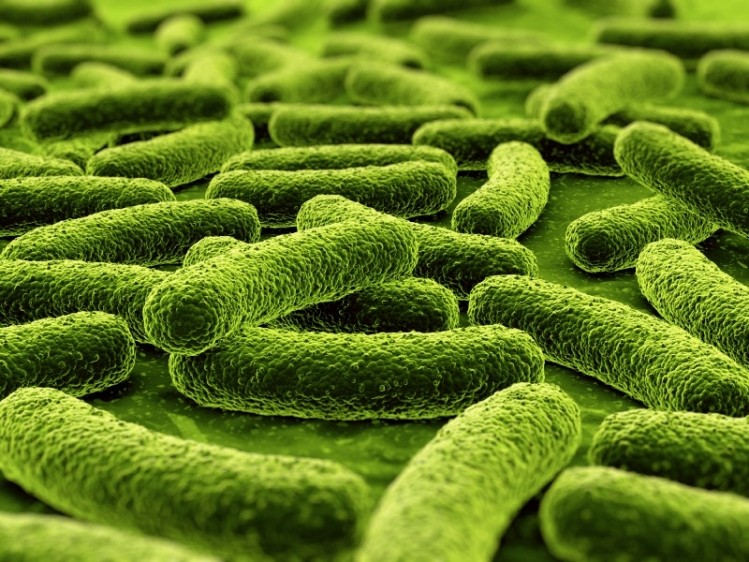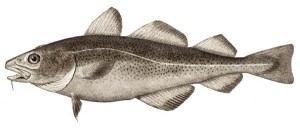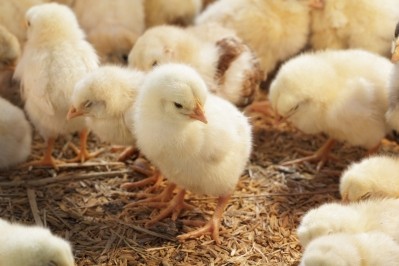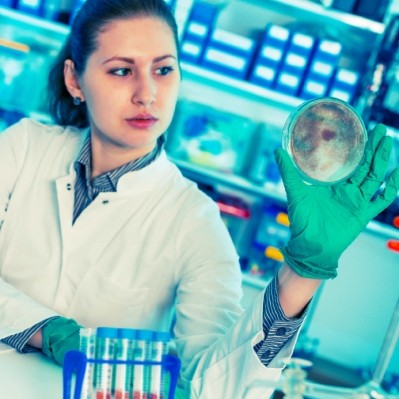Are probiotics a sustainable answer to some of the bottlenecks in developing Atlantic cod as a big industry?

“The potential of Atlantic cod to develop as a big industry is affected by numerous farming bottlenecks and the utilization of probiotics is thought to be a sustainable answer to some of these issues particularly in the aspects of disease control and nutrition,” write Carlo Lazado from the Aquaculture Genomics Research Unit at the University of Nordland and Christopher Marlowe Caipang from the Institute of Marine Research in Norway.
“It has been almost three decades since the first application of probiotics in cod, yet probiotic research in this species can be regarded as an emerging field,” they add.
“The present understanding on probiotic application in cod already sets the promise and should be maximized to its potential by broadening the contemporary perspectives.”
Market data
Aquaculture produces around 50% of fish consumed globally and this is set to surge to 60% by 2020, according to the report Aquaculture Tries to Fill World’s Insatiable Appetite for Seafood by US research firm Worldwatch Institute. Human fish consumption has soared by 14.4% over the past five years, it said, with 130.8m tonnes eaten in 2011. Consumption of farmed fish has risen tenfold since 1970.
According to Alltech’s most recent annual Global Feed Tonnage Survey, aquaculture feed increased 17% in 2013 to 40.4 million metric tons. Asia was the dominant region, accounting for 77% of the total market. Europe is a long way behind in second with 9.4%, followed by Latin America with 7.4%. Fish are the most efficient species for feed conversion.
In an extensive review in the journal Aquaculture, Lazado and Caipang explain that Norway is responsible for 94% of global farmed cod production, but profitability has decreased because of improving wild cod supplies and higher production costs.
“On top of these, bacterial and viral diseases had become a serious farming bottleneck as the industry geared towards intensive aquaculture,” they added.
Immune boosters
And this is where probiotics could play a part, said Lazado and Caipang.
According the FAO/WHO, probiotics are defined as "live microorganisms which when administered in adequate amounts confer a health benefit on the host".
Lazado and Caipang write that the promise of probiotics makes them an “indispensable [tool in aquaculture] because the benefits transcend in numerous perspectives — from microbial dynamics to growth, immunity and nutrition.
“The multifaceted dimension of probiotics research provides myriad opportunities and possibilities in exploring their potential for use in aquaculture.”
However, a lot of research is still need to help establish probiotics in aquaculture, and for Atlantic cod in particular, they said since the probiotic mechanisms are mostly speculative at this stage. Many studies have also failed to explore the role of probiotics on the overall gut microflora in the host fish.
“Almost 75% of the published papers dealing with the use of probiotics in cod dealt on the protection against bacterial pathogens,” added Lazado and Caipang, “while the other benefits from probiotics have been left out. Case in point is on the aspect of nutrition and immunity. Only a limited number of studies have focused on the beneficial effects of probiotics in these areas.”
Finally, research should also move beyond only studying probiotics during the early stages of development in the host fish, and consider the effects of the beneficial bacteria in adult fish.
Source: Aquaculture
Volumes 424-425, Pages 53-62, doi: 10.1016/j.aquaculture.2013.12.040
“Atlantic cod in the dynamic probiotics research in aquaculture”
Authors: C.C. Lazado, C. Marlowe A. Caipang













